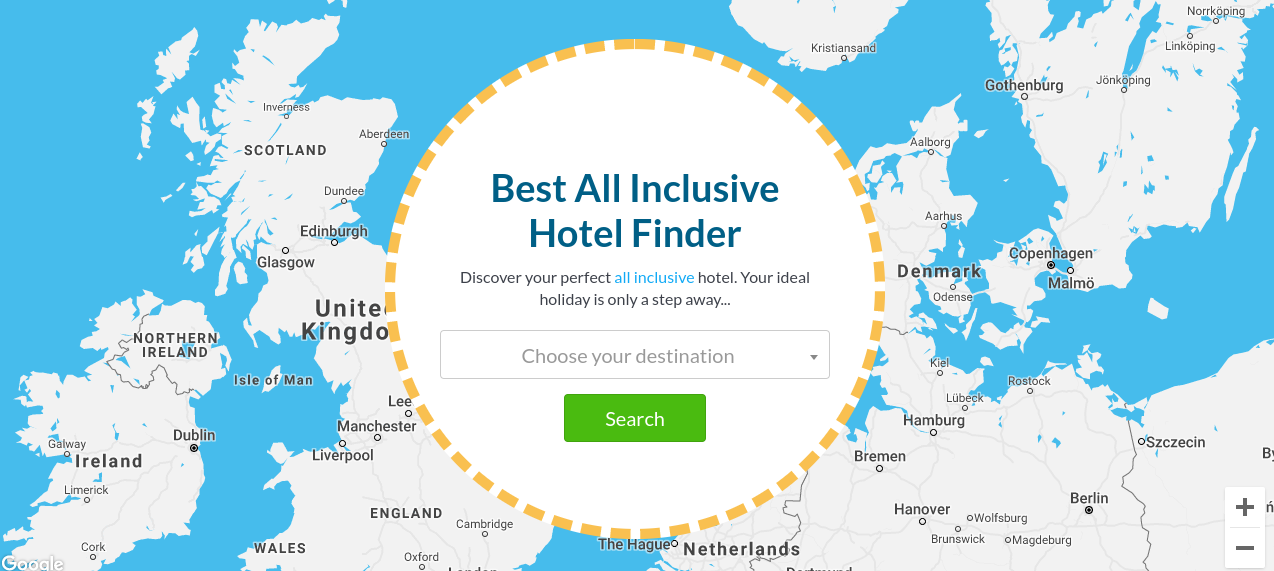Iceland has a population of 300.000 inhabitants. Its economy is growth inspired and has one of the highest GDP per capita. Regarding competitiveness, Iceland stands number four in Europe according to the “IMD’s World Competitiveness Yearbook 2007”.
The regional economy is especially interesting because of the significant foreign investments by Icelandic businesses. Also, Icelandic companies have turned out of a labor market of 170.000 people – now exercise above 100.000 extra people in 14 countries globally.
While many countries of the world fight with an overstrained pension system, Iceland is one of the youngest countries. The assets of its fast-growing pension supplies have now reached around 120% of the nation’s total GDP and are still growing.
At a point when other markets are tripping, Iceland’s business environment is driving at a rapid pace, increasing international attention. Its lack of complicated laws and low corporate tax standards make Iceland an engaging country to spend in and trade with.
The population claims an overall high example of education and Iceland is among global leaders for the quality of its marketing and information base.
Iceland is attractive to businesses in the IT, geothermal energy, gaming, and fisheries sectors. Some businesses are willing to invest right in Icelandic based services, while others try Icelandic suppliers for professional products. And with this developing economy comes increasing demand for imported goods.
Of course, as easy as it is to do business in Iceland, the challenge of the language different remains. Ever since the evolution of humanity, the progress of knowledge between people and societies has always been active. This is the reason behind the growth of the developmental works carried out by people over the centuries.
Proper flow and sharing of information ensure the businesses get performed easily and right in time. The need for knowledge-sharing has never been as strong as it is now. This can be connected to the increased globalization of the globe that we live in.
As the name hints, Icelandic is a language often spoken in the country of Iceland in far Europe. Being located close to the Arctic Circle, this nation has mostly settled out of view of the new world. Well, things have improved for the better now as more and more people from Iceland are coming ahead to engage in projects. Surely, this has increased the need for Icelandic to English language translators and translation services.
Calls for translation into Icelandic may not be as popular as other translating quotes. But given the area of the country, population wise, translators do receive a high level of Icelandic translations, especially from international businesses.
In light of recent efforts Google Translate have faced for Icelandic translation, there has been much in the papers about the potential loss of this beautiful language. It is imperative we (as a world) protect this ancient language.
Taking into consideration the points of this article and the truth that Icelanders are fluent in English, what sort of translation, and technical documentation requirements can be found in Iceland?
Iceland does not have the sort of industry where extensive technical documentation is required. The principal industrial areas are IT, Sciences, TV, and film as well as life. It is not likely to get local technical documentation service providers in Iceland, though they are standard in all other Nordic nations.
Though, Iceland has the Icelandic Society for Information Processing, whose job is to deal with technology and documentation concerns in the IT sector. This indicates that most of the businesses in Iceland provide their documentation with in-house translators and editors.
Let’s have a look at the language translation industry. As you may guess, the translation industry in Iceland is in the reliable hands of many small and medium-sized translation agencies as well as several freelancers. Because of the global nature of this industry, Iceland needs to translate a lot, so it is widespread to find local translation agencies with more than 40 employees.
Typical for the translation and sound localization industry is the reality that several translators translate from Icelandic to English and other languages. This can be seen in most Nordic nations where there is a lack of expert translators understanding the local languages.
It is a fact that Iceland gives 14% refunds on film and TV production expenses acquired in Iceland. This allows a very profitable subtitling industry. In all Nordic languages, it is common to subtitle movies, songs, interviews, etc.
Due to the dominant local IT industry, localization is also a relevant field. It does not include software localization to and from Icelandic but also covers website localizations, localization of mobile phone operation textbooks and industrial automation solutions.
With the rise of the state of globalization that the world is in, there has been an enormous growth in the demand for Icelandic to English translators that can do their tasks without mistakes. There are several machines for translations, but nothing compares human translation.
















Subscribe and Follow